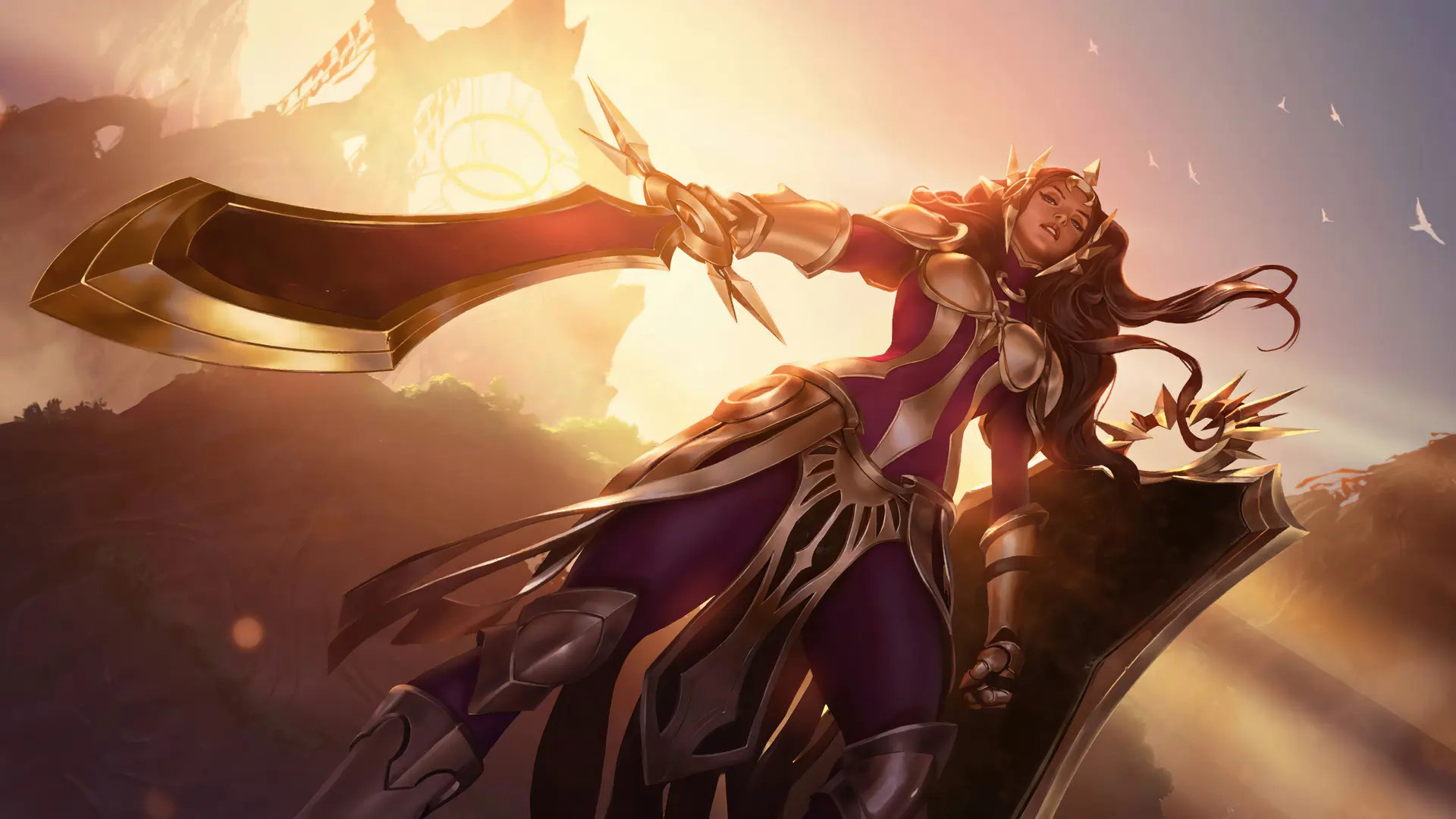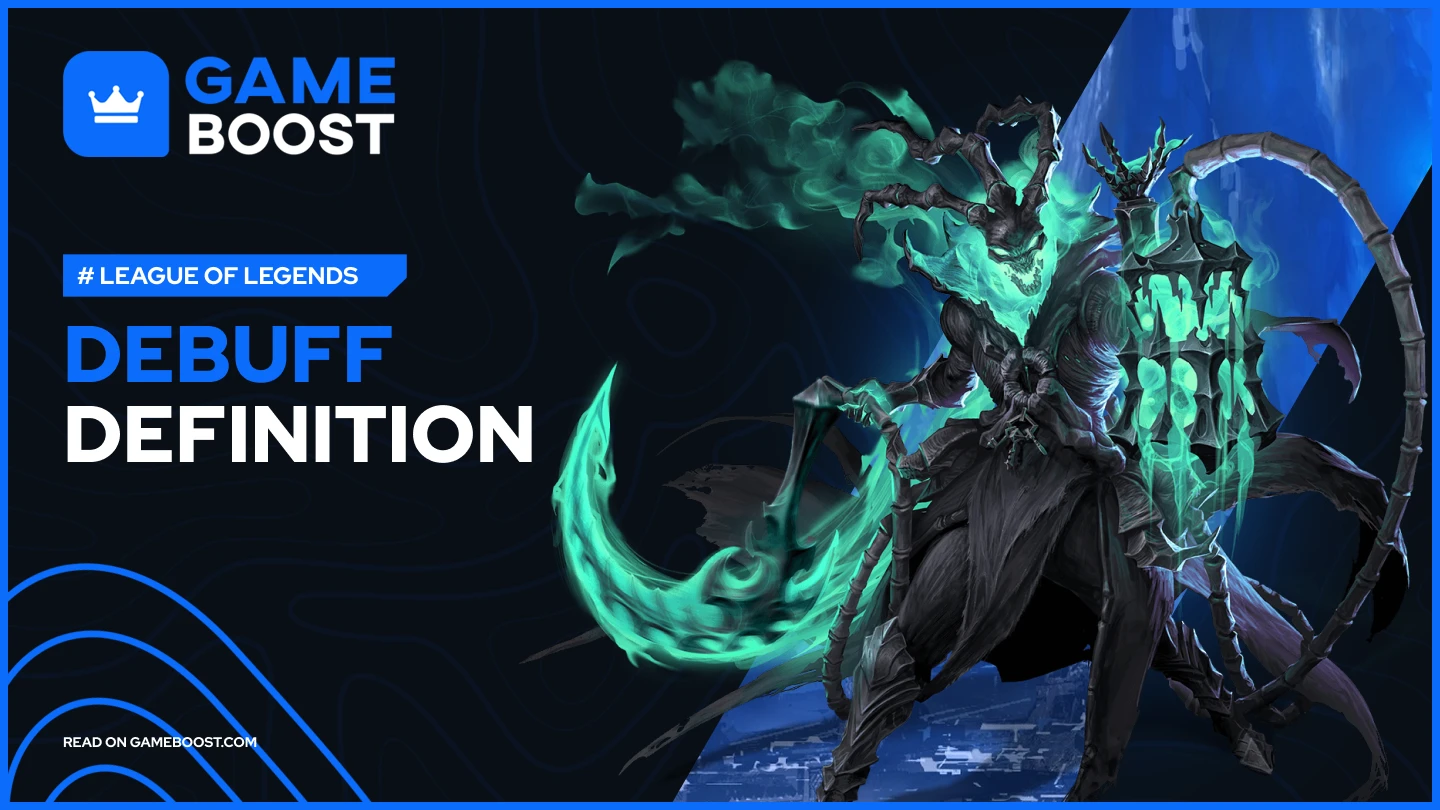

What is Debuff in League of Legends?

Debuff refers to a negative effect applied to a champion, minion, or structure that typically reduces its effectiveness in some way. Debuffs can include a wide range of effects, such as:
- Reduced Movement Speed: Slowing a champion's movement, making it harder for them to maneuver or escape.
- Reduced Attack Speed: Slowing a champion's attack rate can be particularly detrimental to champions who rely heavily on auto-attacks such as Caitlyn or Tryndamere
- Damage Over Time (DoT): Inflicting damage incrementally over time, such as poison or burning effects.
- Reduced Damage Output: Lowering the damage a champion can deal through auto-attacks, abilities or runes like glacial argument.
- Crowd Control Effects: Such as stuns, silences, blinds, or fears, which can inhibit a champion's ability to move, cast spells, or attack.
- Armor/Magic Resistance Reduction: Making a champion more vulnerable to physical or magical damage.
- Vision Reduction: Limiting a champion's sight range.
Most Popular Debuffs in League of Legends
Here are some of the most popular and influential debuffs:
- Stun: Temporarily immobilizes a champion, preventing any movement, attacks, or ability use. This is a powerful form of crowd control and is found in many champions' kits, such as Annie's "Pyromania" stun or Leona's "Solar Flare."
- Slow: Reduces a champion's movement speed. Slows are widespread and can be crucial for catching enemies or escaping. Examples include Ashe's "Frost Shot" and Nasus's "Wither".
- Silence: Prevents the target from casting abilities for a duration. This can be especially crippling for champions that rely heavily on their abilities. Champions like Malzahar (with his "Call of the Void") and Soraka (with her "Equinox") can silence enemies.
- Root/Snare: Stops a champion from moving, but they can still attack and use abilities. Morgana’s "Dark Binding" and Lux’s "Light Binding" are typical examples.
- Grievous Wounds: Reduces the effectiveness of healing and regeneration on the affected champion. This debuff is crucial in countering champions with high sustain. Items like "Executioner's Calling" and abilities like Katarina’s "Death Lotus" can apply Grievous Wounds.
- Blind: Causes the affected champion's basic attacks to miss. This is less common but highly effective against auto-attack reliant champions. Teemo’s "Blinding Dart" is a classic example.
- Knockup/Knockback: Displaces champions, interrupting channeling and movement. These cannot be mitigated by tenacity. Alistar’s "Pulverize" and Janna’s "Monsoon" are well-known for these effects.
- Fear/Terror: Forces a champion to move away from the source of the fear. This can disrupt positioning and escape plans. Champions like Fiddlesticks with his "Terrify" ability are known for this debuff.
- Taunt: Forces affected champions to attack the source of the taunt, disregarding other targets. Rammus with his "Puncturing Taunt" and Shen with his "Shadow Dash" are examples.
- Charm: Compels the affected champion to walk towards the source of the charm, unable to perform any actions. Ahri’s "Charm" is a prime example.
Debuffs can be applied by champion abilities, items, or even certain game mechanics (like Baron Nashor's attacks). Managing, applying, and countering debuffs is a key aspect of gameplay.
Looking to move up the ranks quickly? Try our League of Legends Boosting services. It's a simple and fast way to boost your rank. See how high you can go with our help!
You've just leveled up your knowledge with our latest definition. Now, let's keep the momentum going! Our definitions page is your one-stop resource for all things League of Legends. From A to Z, we've got every term covered.
“ GameBoost - The All-In-One Gaming Services Platform with a mission to truly change the life of every day gamers. Whether you're looking for Boosting, High-Quality Accounts, or Cheap Game Keys, we've got you covered! ”